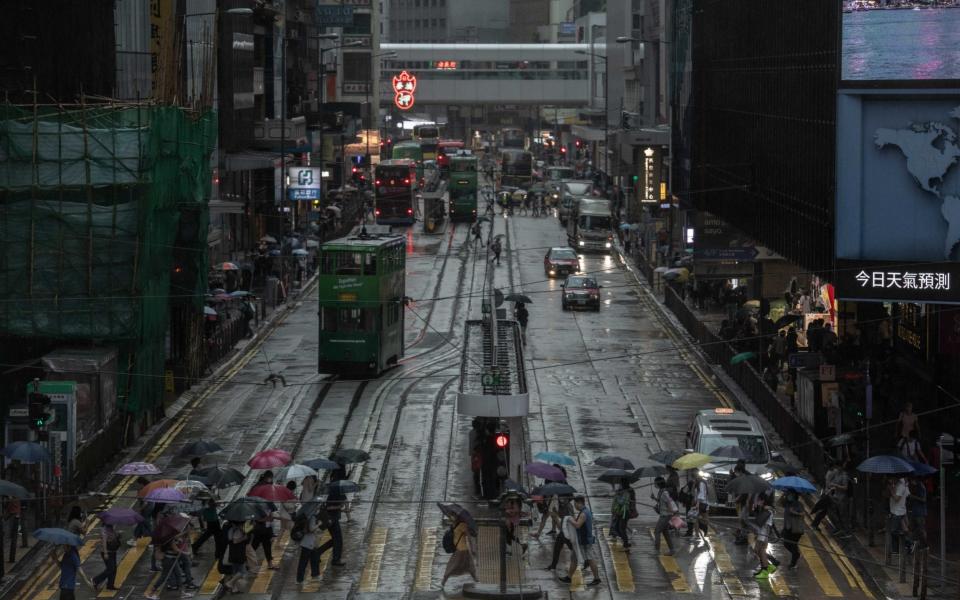Why the UK has no teeth when it comes to China and Hong Kong

China’s move to impose national security law in Hong Kong has drawn international outcry, including from the UK, over worries that the territory’s treasured liberties are coming to an end.
Activists have welcomed greater international attention on the issue. But the UK’s window to pressure Beijing to change course in a meaningful way has largely closed.
Hong Kong has experienced shrinking rights and freedoms for years. Elected lawmakers have been disqualified from their positions and outspoken professors have been removed from their posts.
Booksellers publishing on sensitive topics have disappeared, later appearing in mainland China on state television “confessing” to various crimes. A British journalist was even expelled from Hong Kong, seemingly for having chaired a talk by a pro-democracy figure.
Such instances are among many reasons why mass protests have erupted periodically since the former British colony was returned to Chinese rule in 1997. Each round of unrest has been more chaotic than the last, as people rushed to denounce Beijing’s encroaching influence.
China has long made clear it’s position. Officials conveyed for the first time in 2014 that Beijing no longer considered valid the Sino-British Joint Declaration, an international treaty meant to guarantee rights and freedoms for those in Hong Kong. The Chinese government has continued to reiterate outright the document no longer carried any significance.
“The time to say something was at latest about six years ago,” said Alvin Cheung, a legal scholar at New York University’s US-Asia Law Institute.
“It’s a pretty grim indictment of the international community that all the warning signs have been around for this long and they have been consistently swept under the carpet until the very end.”

Aside from pressing economic sanctions, what’s left now in the UK’s response toolbox are largely symbolic gestures.
The UK could, for instance, raise discussion at the United Nations about China breaching the Joint Declaration.
“If anybody can just sign a contract, an agreement housed at the UN with Britain, and 20 years later turn around and say, ‘we are not doing that,’ how can Britain stand with two legs firm in the world anymore?,” said Jessica Yeung, a university professor who has participated in pro-democracy protests in Hong Kong.
But “it may be a lost cause, as [Chinese leader] Xi Jinping will do whatever he wants, and no country can stop him, as the idea of an international humanitarian intervention against the will of a major nuclear weapons state with a veto at the United Nations Security Council is fanciful,” said Steve Tsang, director of the SOAS China Institute at the University of London.
Still, “this does not mean the UK doesn’t have a role to play,” he said. To “put the matter on the UN’s agenda and get the global attention on the violation of the Sino-British agreement will make Beijing very uncomfortable.”
The UK can also offer refuge by facilitating and fast-tracking asylum applications or extending greater rights to British National Overseas holders, as Foreign Secretary Dominic Raab has suggested.
But doing so could complicate the UK’s engagement China, and a rocky relationship would make it difficult to kick off post-Brexit trade talks with the second-largest economy.
Indeed, China has already threatened to take “countermeasures” against the UK if it accords greater rights to Hong Kong residents with BNO status.
Whether the UK decides to take that risk remains to be seen.
“It is practically late, because Beijing is going to approve the whole thing – they’re not going to change anything,” said Claudia Mo, a pro-democracy lawmaker in Hong Kong. But “out of some sense of honour, the UK should at least speak up.”

 money
money 